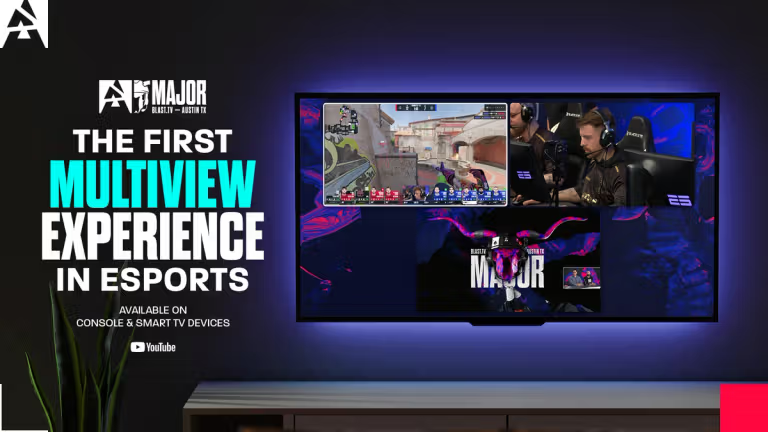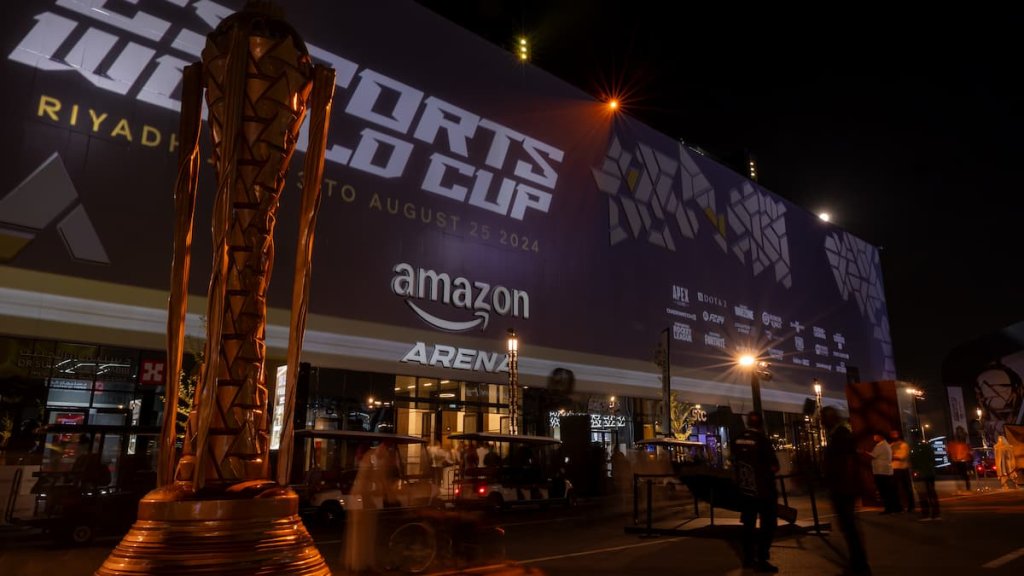
Loot box Scandal Redoubt – will loot boxes be banned?
Spending money on microtransactions is a touchy subject. Fans opinions are split. While most gamers can agree that pay to win loot boxes are the equivalent of spitting in someone’s soup, cosmetic loot boxes are less frowned upon. They even have their fans – those who like the suspense of opening boxes in order to find out what they contain.
That said, there are also people who detest them entirely and think they have no place in games – back in ‘the good old days’ no microtransactions existed at all, but by now, everything and anything can be bought, improved, changed or eliminated… all it takes is a credit card.

© Blizzard Entertainment
Now, by definition, credit cards aren’t exactly easy to obtain, and they tend to not be given out to minors… yet they still find their ways into their hands, and careless or absentee parents find their kids spending thousands upon thousands on transactions without their parent’s knowledge or approval.
This poses an issue for multiple different reasons of course, the least of which is financial loss on the parents side, not to mention the impact loot boxes can have on kids – though unexplored, addiction and other negative side-effects are far from unheard of. Perhaps because of this, a US Senator – Josh Hawley to be precise – announced a bill that will ban loot boxes and pay to win microtransactions from all games played by minors.
That means that any game developed specifically for under 18 audiences as well as games ‘whose developers knowingly allow minors to engage in microtransactions’ will be affected. What exactly that works out to mean isn’t entirely clear, but the bill itself is called ‘The Protecting Children from Abusive Games Act’ – this act is now before the senate.
In materials surrounding the bill, games like Candy Crush, Star Wars Battlefront 2, Middle-Earth: Shadow of War, Fifa, Overwatch and Apex Legends are mentioned – they all allow for the purchase of varying amounts and types of loot boxes. It’s worth noting that senator Hawley is well-known for being anti-tech and anti-social media, often criticising Facebook and Google for their supposed anti-conservative bias.
There has already been a reply from the Entertainment Software Association, a lobbyist group in the US. Their reply reads: “Numerous countries, including Ireland, Germany, Sweden, Denmark, Australia, New Zealand, and the United Kingdom, determined that loot boxes do not constitute gambling. We look forward to sharing with the senator the tools and information the industry already provides that keeps the control of in-game spending in parents’ hands. Parents already have the ability to limit or prohibit in-game purchases with easy to use parental controls.”
Indeed, the issue at hand isn’t that there are no controls in place for parents to use, it’s that they are not being used efficiently by said parents. Simply not giving kids access to payment methods could entirely eliminate this issue – after all, without a way to pay for loot boxes, the whole debate is void. Whether the bill will pass, and how it will be received by Congress remains to be seen – for now, US gamers don’t need to fear for their loot boxes just yet!
Today, Sen. Hawley announced upcoming legislation banning the video game industry's use of "pay-to-win" and "loot box" monetization schemes → "They need to be upfront about what their games are actually doing, and they need to stop practices that intentionally exploit children." pic.twitter.com/huQsl8eRV4
— Senator Hawley Press Office (@SenHawleyPress) May 8, 2019












